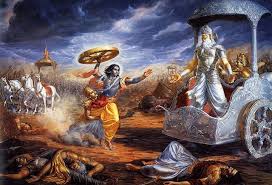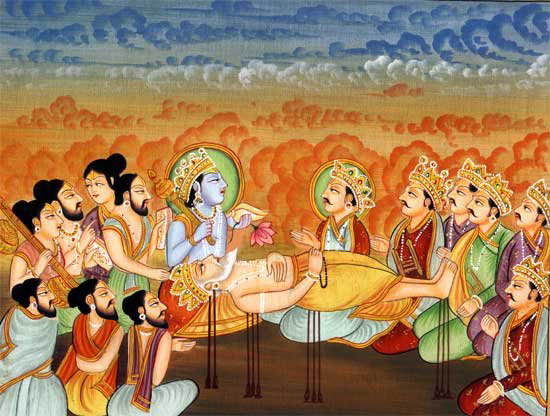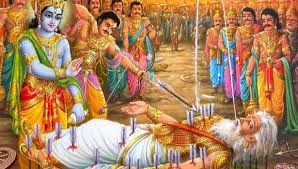Seaton Village, Toronto
Karn Gone
An American devotee from North Carolina, Karnamrita, passed away this week. He was one of our best counsellors; a sensitive person with a big heart. I would say he was a real brahmin. He was a student of Prabhupada, the founder of the Hare Krishna movement. He is survived by his devoted wife, Archana Siddhi. Here’s a poem:
Karnamrita
Karnamrita, A man who is missed
A man who believed morals should persist
For him family was at the top of the list
A principal which in early days we’d resist
A true brahman — devotee sincere
One who wanted things to be clear
As truth will always drive away fear
This loss puts the cheek to the tear
He fought a fierce cancer combat
Now the body is a mere new stat
So many, you could shake a stick at
Resilient soul moves to a new flat
He was determined in helping the other
His was a vision for the earthly sister/brother
And Archana — the indisputable partner
A support comrade like no other
All hail to this man of power
We’ll remember him at his glorious hour
Blessings to him with plural flower
Krishna’s mercy to come like a shower
-Bhaktimarga Swami, The Walking Monk©
May the source be with you!
3 km
Please view our new film, Rolling the Dice: https://www.youtube.com/watch?v=IF3legHdMgI

 By Sivarama Swami
By Sivarama Swami By Mukundamala Das
By Mukundamala Das















 By Gauranga Das
By Gauranga Das




